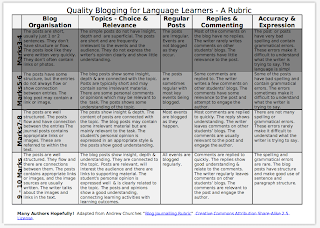There will always be accuracy problems if you are communicating fast but I want you to reduce them as much as possible. Verb tense errors are errors which seem easy to fix but early elementary mistakes can carry on until Upper-Intermediate. How did we fix these errors and what did you learn.?
I go one minute to the toilet
Where have you been?
I have a headache.
What I think it will happen didn't happen.
ACCURACY IS STILL IMPORTANT... if you want to be more than a worker. If you want to be a leader you have to do more than survive in English. You have to try to be excellent.
-We learned about future tenses.
-We tried reducing the words in the phrase "I'm going to make a pizza"
-We tried reducing the words in the phrase "I'm going to make a pizza"
-We explored using noun phases with question words at their heads like the "what you want" the classic Rolling Stones song "You can't always get what you want."
You also did your writing project on the books which you need to finish for Friday. Good luck.
You also did your writing project on the books which you need to finish for Friday. Good luck.









